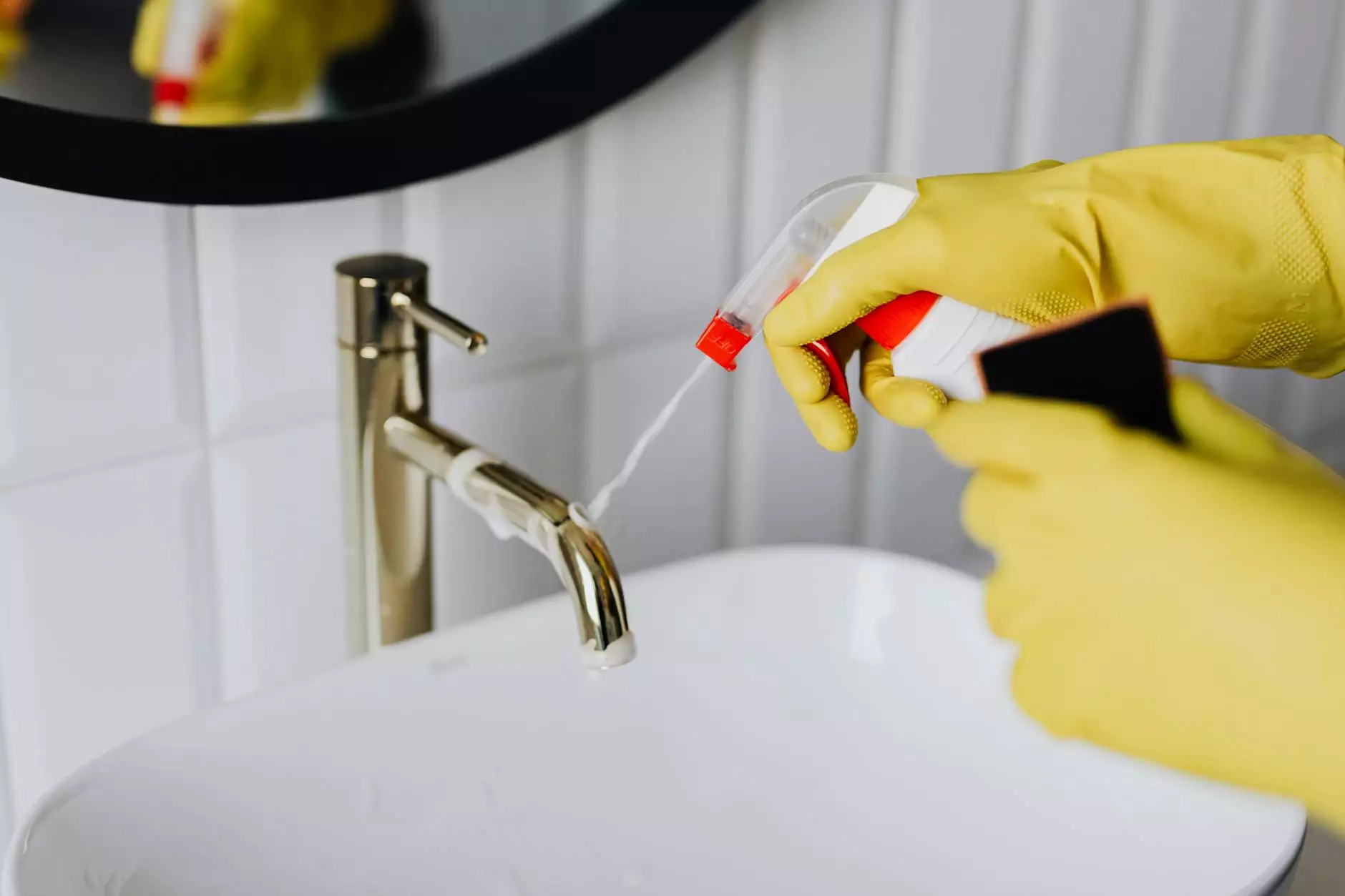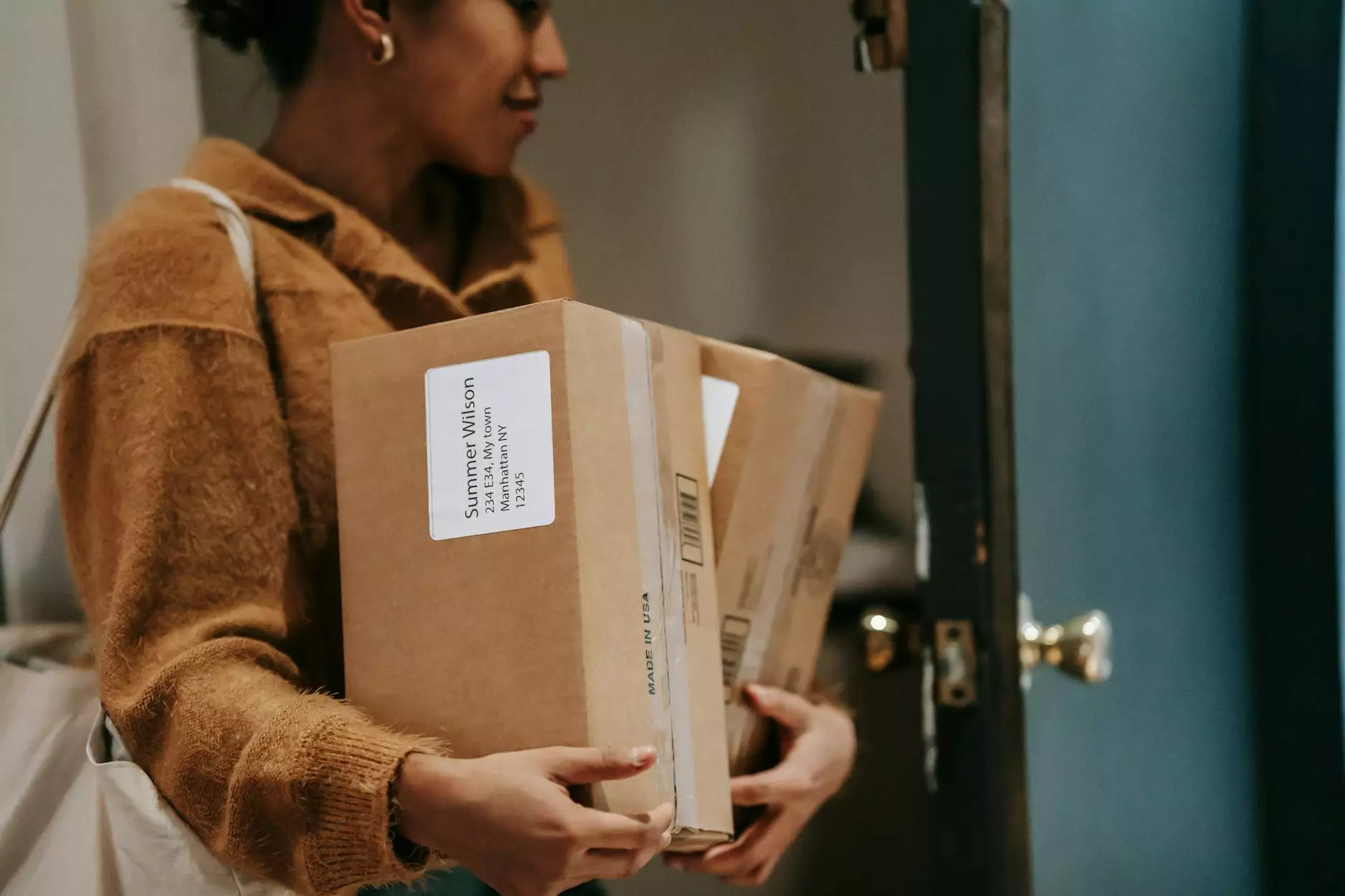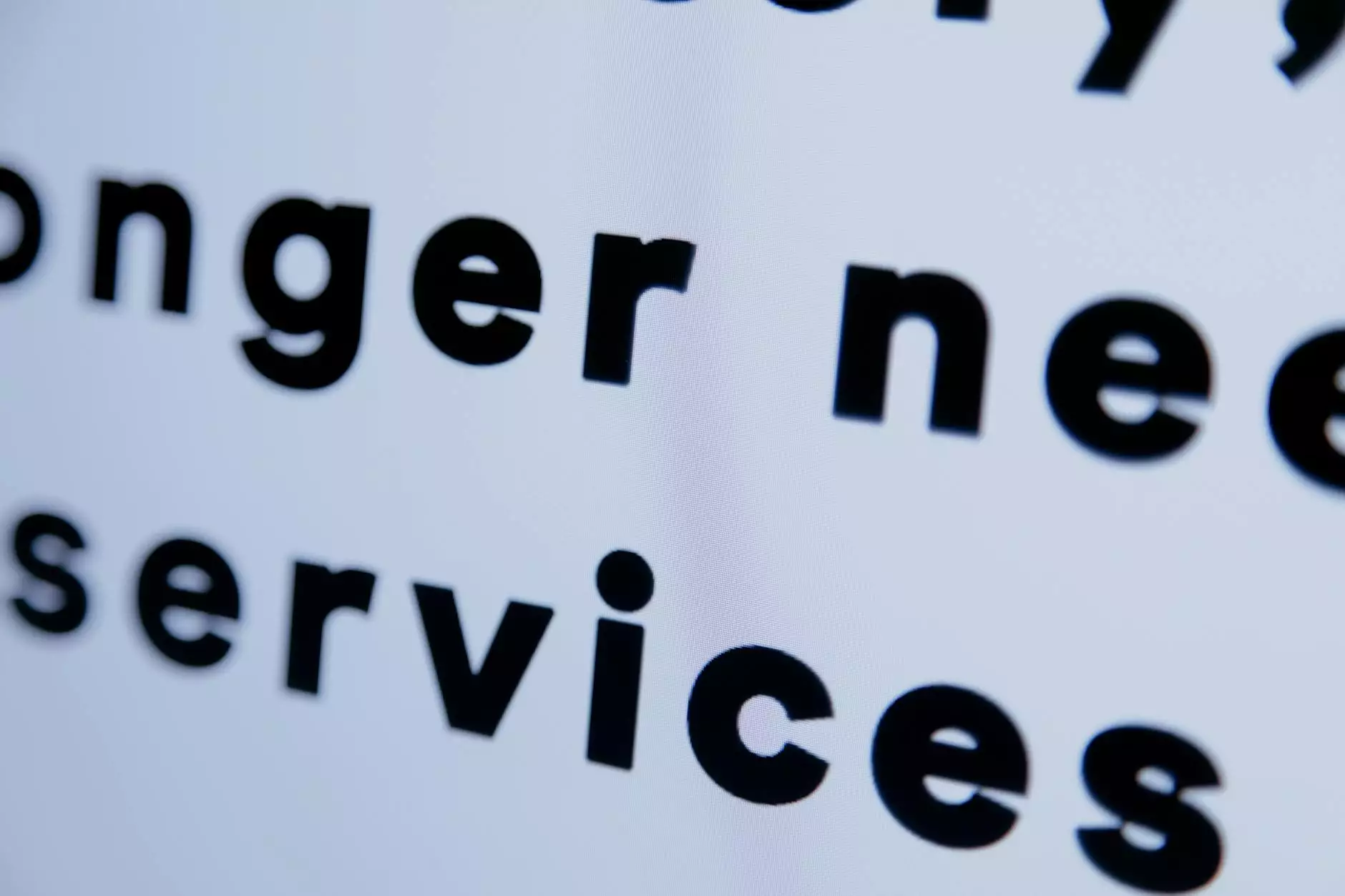Safety of Placenta Encapsulation | Are placenta pills safe?

Introduction to Placenta Encapsulation
Placenta encapsulation is a practice gaining popularity among postpartum mothers, aiming to provide various potential benefits and support during the postnatal period. This process involves drying and grinding the placenta into powder form and encapsulating it in pills for consumption.
The Benefits of Placenta Encapsulation
Advocates of placenta encapsulation claim that it can offer several benefits, including:
- Increased energy levels
- Improved lactation
- Hormonal balance
- Enhanced postpartum recovery
- Reduced risk of postpartum depression
It is important to note that the scientific evidence supporting these claims is limited, and more research is needed to confirm the effectiveness of placenta encapsulation.
The Safety of Placenta Encapsulation
When considering placenta encapsulation, it is crucial to understand the potential risks involved. While some believe that consuming placenta pills is safe, there are factors to consider:
- Processed in a sterile environment: It is vital that the placenta be processed in a hygienic and sterile setting to minimize the risk of bacterial contamination.
- Proper storage and handling: Placenta capsules should be stored correctly to prevent the growth of harmful bacteria. It is essential to follow the instructions provided by a professional encapsulator.
- Individual health considerations: Certain individuals may have specific health conditions or allergies that could interact negatively with the placenta pills. It is crucial to consult with a healthcare provider before consuming placenta capsules.
Choosing a Reliable Placenta Encapsulation Service
Ensuring the safety of placenta encapsulation begins with selecting a reputable and reliable service provider. Consider the following factors when choosing a professional encapsulator:
- Experience and certifications: Look for encapsulators who have undergone proper training and certification in placenta encapsulation.
- Sanitary practices: Inquire about the encapsulation process and ensure that the encapsulator follows strict sanitary practices and guidelines.
- References and reviews: Read reviews and ask for references from previous clients to gauge the encapsulator's expertise and customer satisfaction.
Conclusion
Placenta encapsulation can be a personal choice made by some postpartum mothers. It is crucial to carefully weigh the potential benefits and risks associated with this practice. Consulting with a healthcare provider and selecting a reputable encapsulation service are crucial steps in ensuring the safety of placenta encapsulation. Home Postpartum Services is committed to providing reliable and informed support for individuals considering placenta encapsulation.










